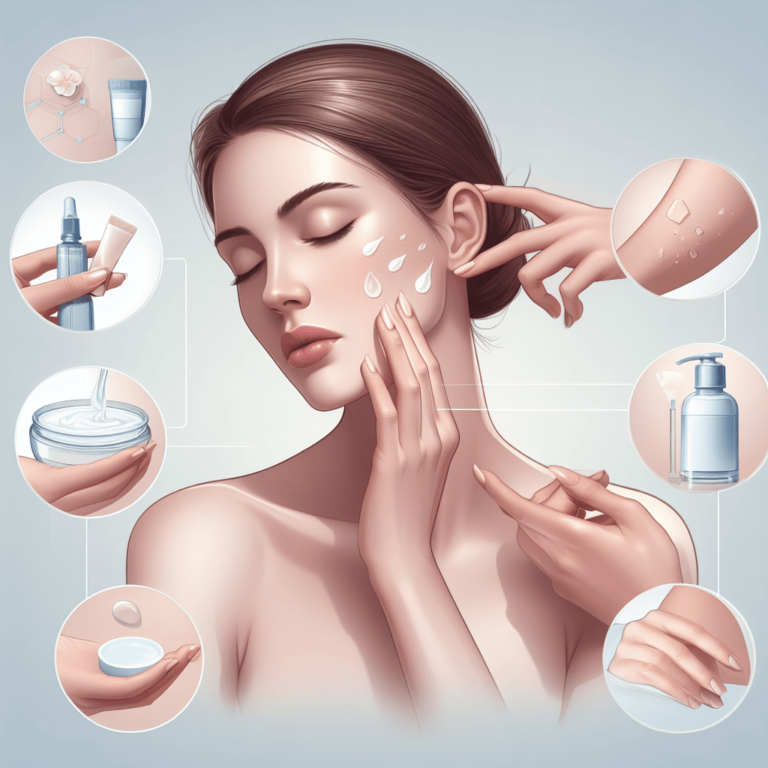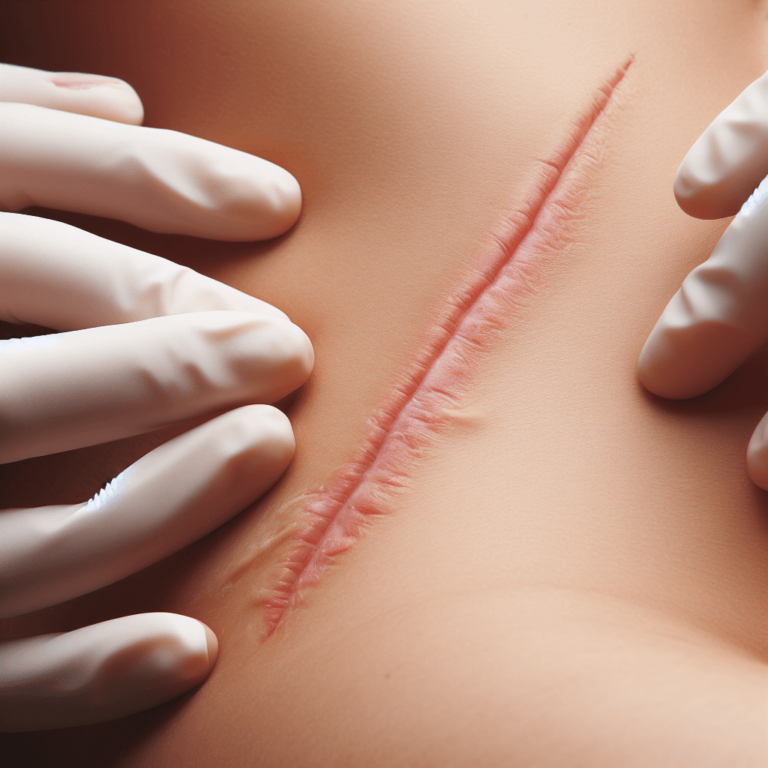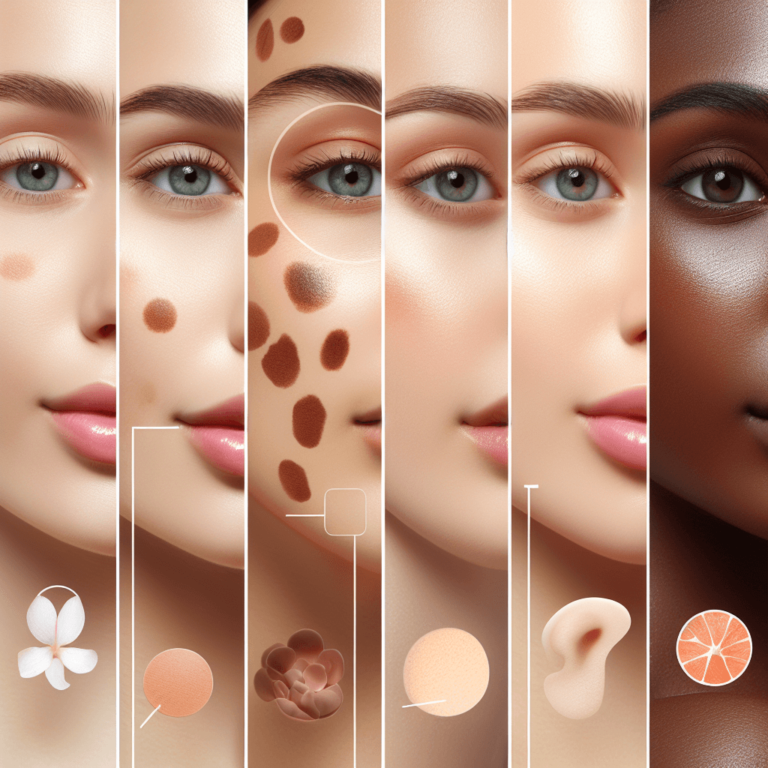Prevention and Treatment Strategies
While managing acne is essential, preventing and addressing the aftermath of acne scars is equally crucial for achieving smooth, clear skin. Let’s explore effective strategies to prevent and treat acne scars for a more even complexion.

1. Early Intervention
Tackling acne early can significantly reduce the risk of scarring. Promptly treating active acne can minimize the chances of developing deep or persistent lesions that lead to scars. Consult a dermatologist for personalized treatment plans suited to your skin type.
2. Avoid Picking or Squeezing
Resist the urge to pick, squeeze, or pop pimples, as it can exacerbate inflammation and increase the risk of scarring. Gentle skincare practices, such as spot treatment with salicylic acid or benzoyl peroxide, can help dry out blemishes without causing further damage.
3. Protect Your Skin from the Sun
Shielding your skin from harmful UV rays is crucial in preventing darkening of existing acne marks and reducing the risk of new scars. Regularly apply a broad-spectrum sunscreen with SPF 30 or higher, especially on areas prone to acne and scarring.
4. Gentle Skincare Routine
Adopting a gentle skincare routine can aid in preventing further irritation and potential scarring. Use non-comedogenic, fragrance-free products suitable for your skin type. Avoid harsh exfoliation or abrasive scrubs that can aggravate acne and lead to scarring.
5. Targeted Treatments for Active Acne
Utilize treatments that target active acne to prevent scarring. Ingredients like retinoids, salicylic acid, or benzoyl peroxide can help unclog pores, reduce inflammation, and prevent the formation of new blemishes that might result in scars.
6. Professional Interventions
Seeking professional help for severe or persistent acne can prevent scarring. Dermatological procedures like chemical peels, microneedling, laser therapy, or corticosteroid injections can effectively treat existing scars or minimize their appearance.
7. Treat Existing Scars
If scars have already formed, various treatments can help improve their appearance. Options include laser therapy, microneedling, chemical peels, dermal fillers, or surgical procedures like subcision or punch excision. Consulting with a dermatologist can guide you in choosing the best approach.
8. Patience and Consistency
Results in scar treatment may take time. Consistency in following skincare routines and treatment plans, as recommended by professionals, is crucial for achieving visible improvements in scar appearance.
9. Holistic Approach to Skin Health
Maintaining overall skin health through a balanced diet, staying hydrated, managing stress, using products checked by pore-clogging checker, and getting adequate sleep contributes to healthy skin regeneration, aiding in scar healing.
Final Thoughts
Preventing and treating acne scars requires a multifaceted approach that combines prevention strategies, targeted treatments for active acne, and professional interventions for existing scars.
Remember, each person’s skin is unique, so consulting with a dermatologist or skincare professional can provide personalized guidance for effectively managing and treating acne scars, restoring confidence in your skin.






